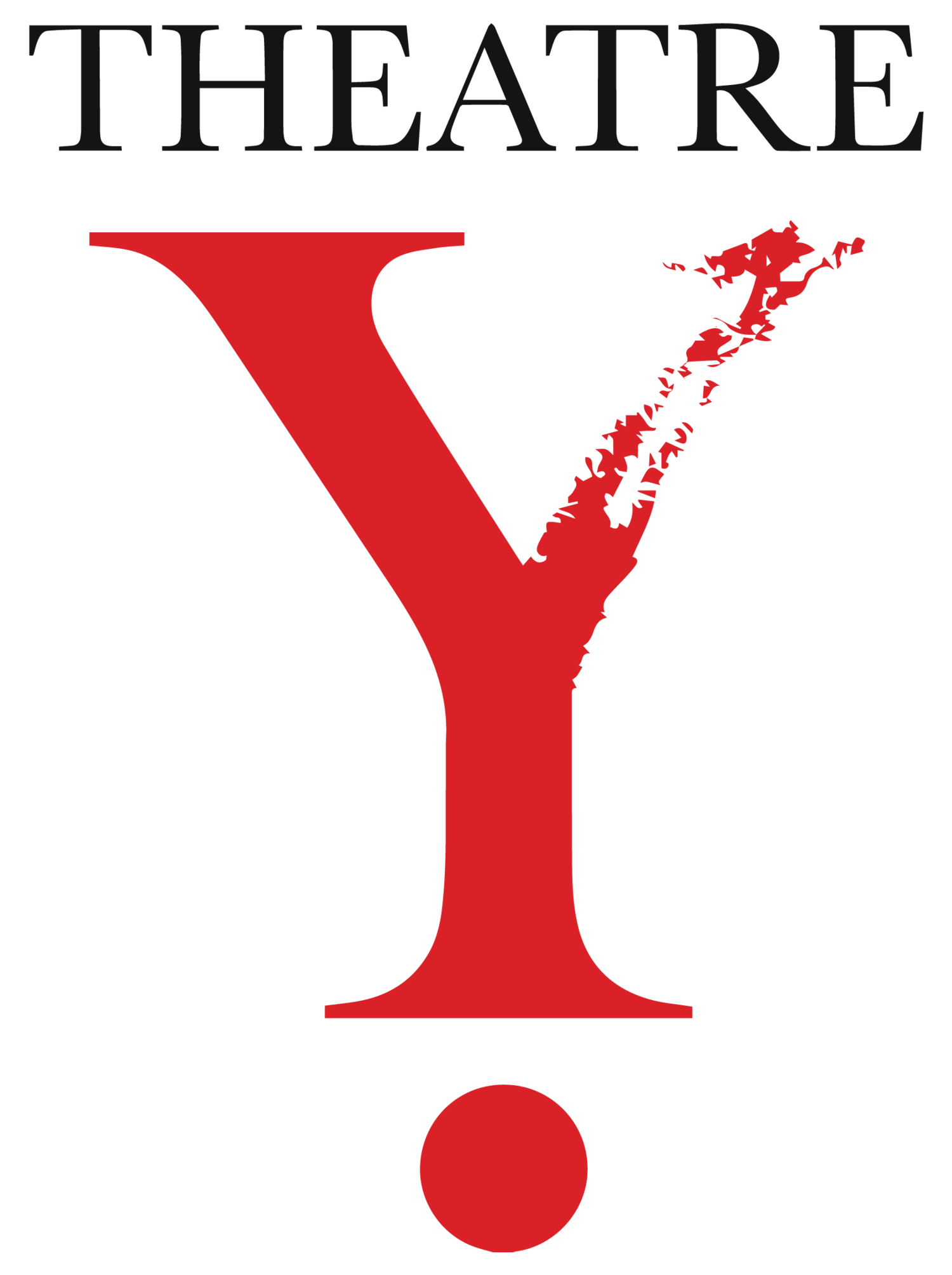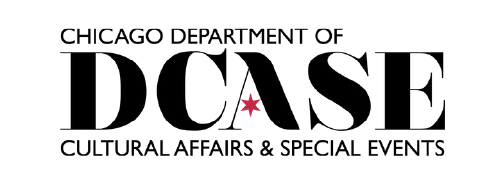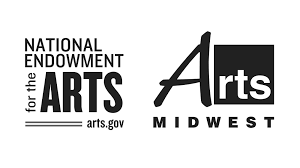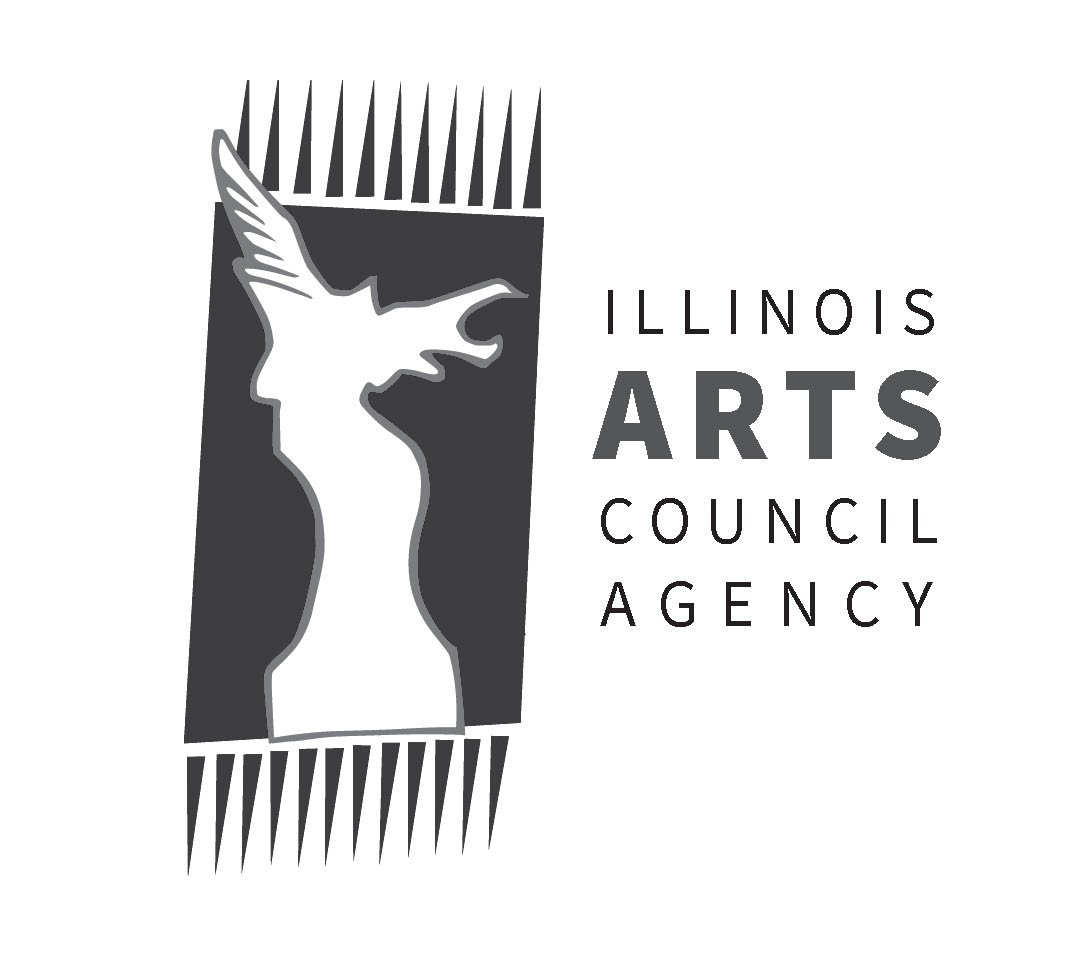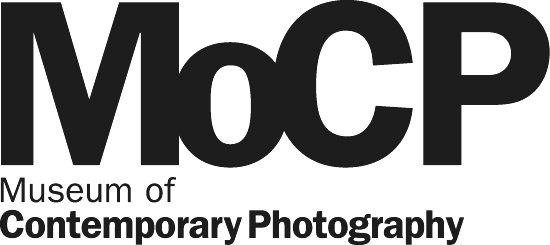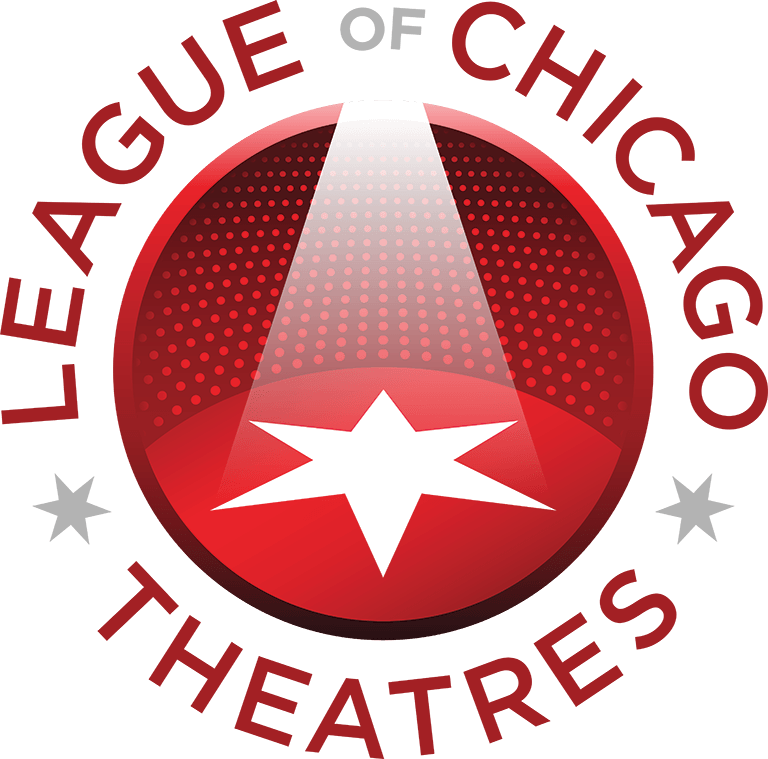What's Unique to the Stage
/That Dinah’s story was ever on paper is increasingly irrelevant as our focus has become more tangibly minded. Rehearsals are no longer spent flipping through scripts around a table – lines are now memorized (except for the occasional call of Line, line!) – and the actors are familiarizing themselves with the stage’s corners and crossbeams. Just as detail has been honored in each word spoken, it now guides each step taken; it’s not just that you move, but how you move. Now that the text has offered itself to the full scrutiny of the cast, the cast must in turn submit to it.
As we’ve maturated from lines on paper, I’m now considering what theatre benefits storytelling that written language does not. Not that one trumps the other, but what is exclusive to the stage? Perhaps the actors become the language; if strong verbs promise strong writing, then perhaps strong expressions and movements and gestures and blocking and faces achieve excellent theatre. The answer, I believe, has surfaced as I’ve observed each actor rise to rehearse a new scene; the process begins timidly. Each new scene seems a bit dreaded. I suppose it’s incredibly vulnerable, that moment of embodying new text, the first moment of taking this story – this character, this universe – fully upon yourself.
I’ve loved witnessing each scene crystallize from the first attempt to the second then the third in a single rehearsal. This progress is knit together by Patkó’s perpetual challenge to try this, play with it. There’s no right or wrong only the perpetual keep playing with it until we arrive at the blocking triumph of this works.
It is in this way that theatre is inevitably human – human in a way that is unique to its form. Our actors weep beneath a table, thrash on a grave, and sprawl in the dirt – do whatever is necessary – to enter the story and devote themselves to their characters. Their constantly playing with their movements, with their props, and in these choices theatre maintains its humanity. And our universe steadily expands.
